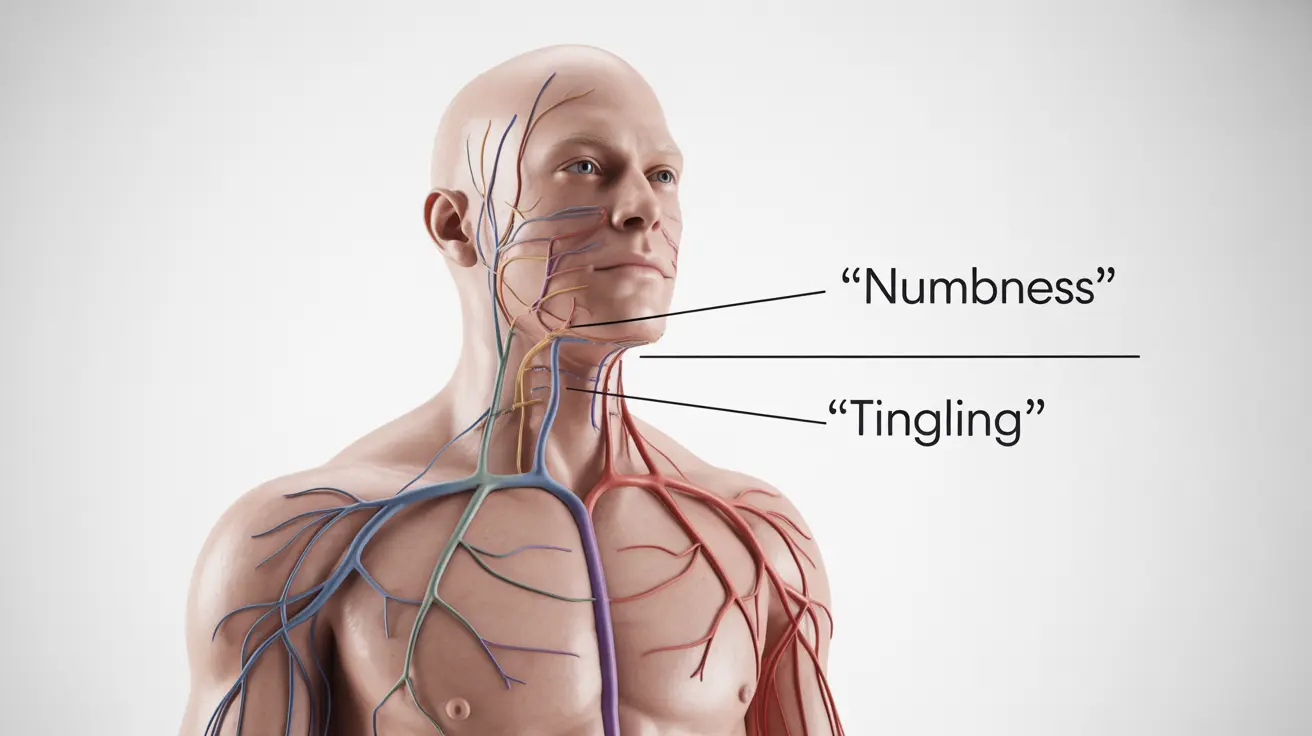Carboplatin is a widely used chemotherapy drug that helps countless cancer patients in their fight against various types of cancer. While this platinum-based medication is effective in treating many cancers, it's important for patients and healthcare providers to understand and monitor its potential long-term side effects.
Understanding these lasting effects allows for better preparation, monitoring, and management of symptoms that may persist even after treatment completion. This comprehensive guide explores the various long-term implications of carboplatin therapy and provides insights into managing these effects.
Understanding Carboplatin's Long-Term Impact on the Body
Carboplatin can affect multiple body systems, leading to various side effects that may persist long after treatment ends. These effects can vary significantly among individuals, with some experiencing minimal lasting impact while others may face more challenging long-term complications.
Neurological Effects and Peripheral Neuropathy
One of the most significant long-term side effects of carboplatin is peripheral neuropathy, which affects the nervous system. This condition typically manifests as:
- Numbness or tingling in hands and feet
- Reduced sensitivity to temperature
- Difficulty with fine motor skills
- Balance problems
- Muscle weakness
These symptoms may persist for months or even years after treatment, significantly impacting quality of life and daily activities.
Hearing and Balance Complications
Carboplatin can cause ototoxicity, leading to permanent hearing changes. Common audiological effects include:
- Progressive hearing loss
- Tinnitus (ringing in the ears)
- Difficulty understanding speech in noisy environments
- Balance disturbances
Long-Term Organ System Effects
Impact on Kidney Function
Carboplatin can affect kidney function over time, requiring ongoing monitoring and management. Patients may experience:
- Reduced kidney filtration capacity
- Changes in blood pressure
- Electrolyte imbalances
- Increased risk of kidney disease
Bone Marrow and Blood Cell Production
Long-term effects on bone marrow function can include:
- Increased susceptibility to infections
- Slower recovery from illness
- Chronic fatigue
- Increased bleeding tendency
Managing Long-Term Side Effects
Proper management of long-term side effects requires a comprehensive approach:
- Regular medical check-ups and monitoring
- Early intervention when new symptoms appear
- Lifestyle modifications
- Supportive therapies and rehabilitation
- Consultation with specialists as needed
Risk of Secondary Cancers
While relatively rare, patients who have received carboplatin treatment may have an increased risk of developing secondary cancers. Regular screening and vigilant monitoring are essential for early detection and intervention.
Frequently Asked Questions
What are the common long-term side effects of carboplatin chemotherapy?
The most common long-term side effects include peripheral neuropathy, hearing loss, kidney function changes, and potential bone marrow suppression. Some patients may also experience chronic fatigue and increased susceptibility to infections.
How can carboplatin cause lasting nerve damage or peripheral neuropathy?
Carboplatin can damage nerve fibers, particularly those in the peripheral nervous system. This damage occurs because the drug can affect the myelin sheath protecting nerve cells, leading to disrupted nerve signal transmission and resulting in numbness, tingling, and pain in extremities.
Is hearing loss after carboplatin treatment permanent and how can it be managed?
Hearing loss from carboplatin can be permanent in some cases. Management includes regular audiological assessments, hearing aids when necessary, and protective measures to prevent further hearing damage. Early intervention with an audiologist is crucial for optimal outcomes.
What is the risk of developing secondary cancers after carboplatin chemotherapy?
While the absolute risk varies, patients treated with carboplatin may have a slightly increased risk of developing secondary cancers. Regular cancer screenings and follow-up appointments are essential for early detection and prevention.
How should patients monitor and manage long-term side effects after completing carboplatin treatment?
Patients should maintain regular follow-up appointments with their healthcare team, report new or worsening symptoms promptly, undergo recommended screening tests, and participate in appropriate rehabilitation programs. A comprehensive survivorship care plan should be developed to address individual needs and concerns.




